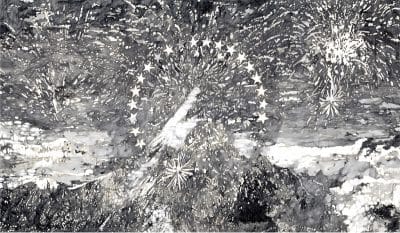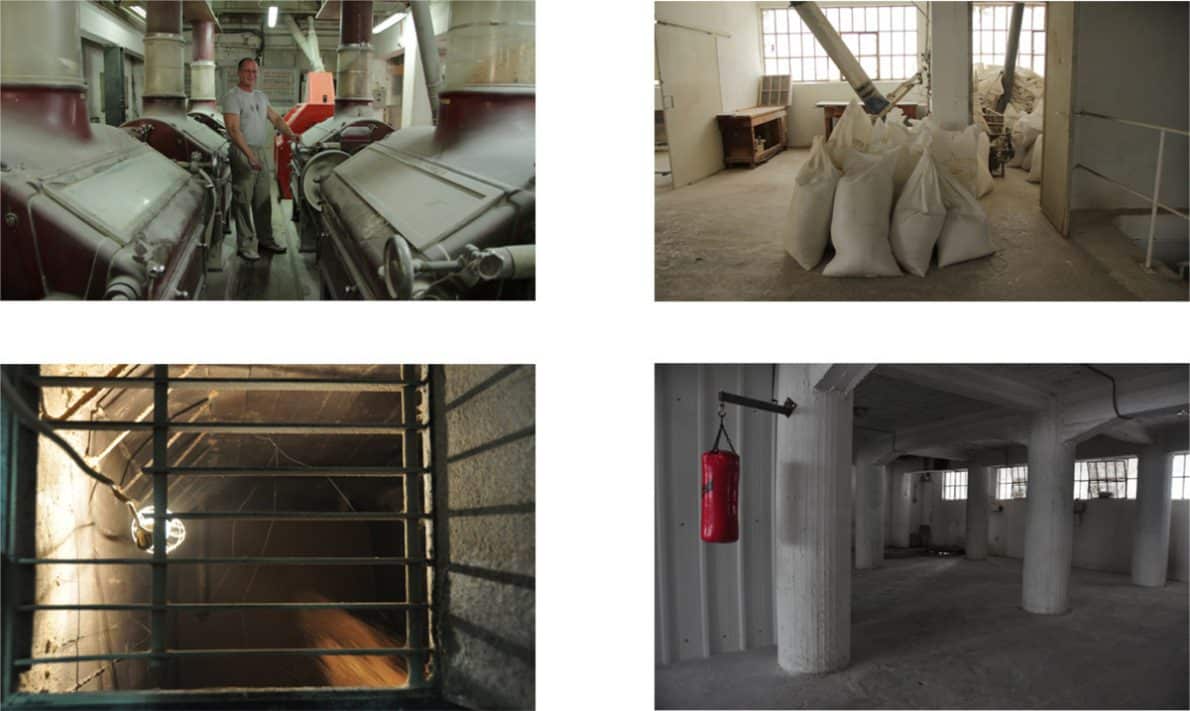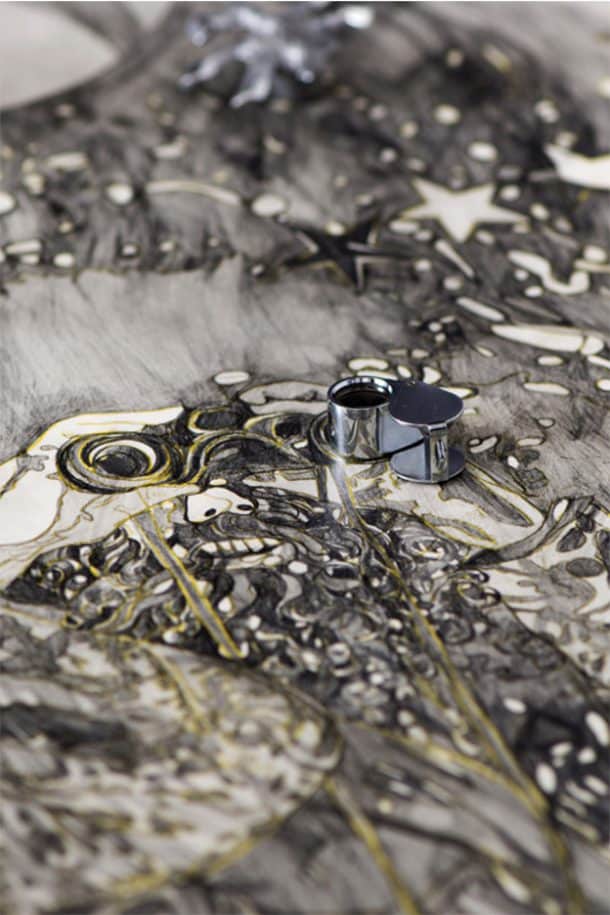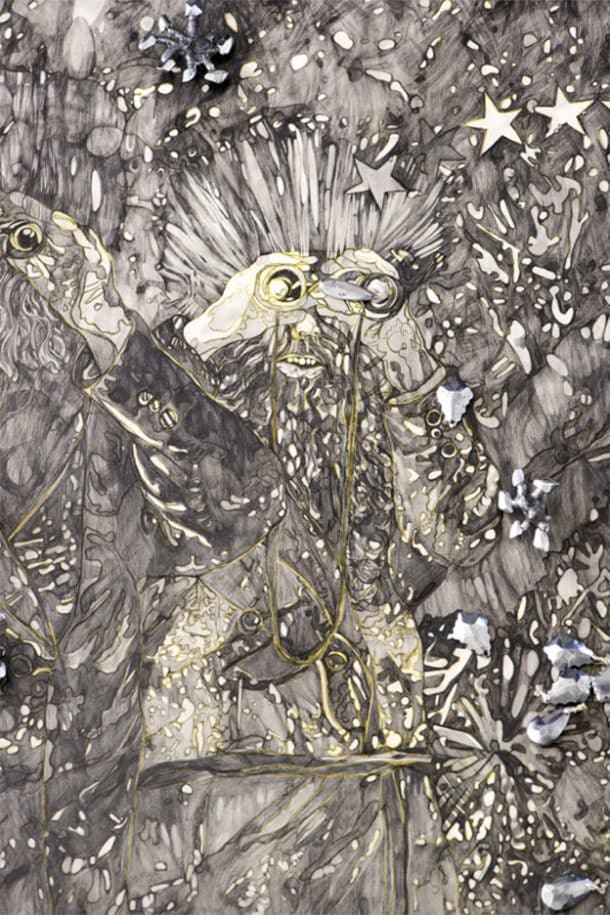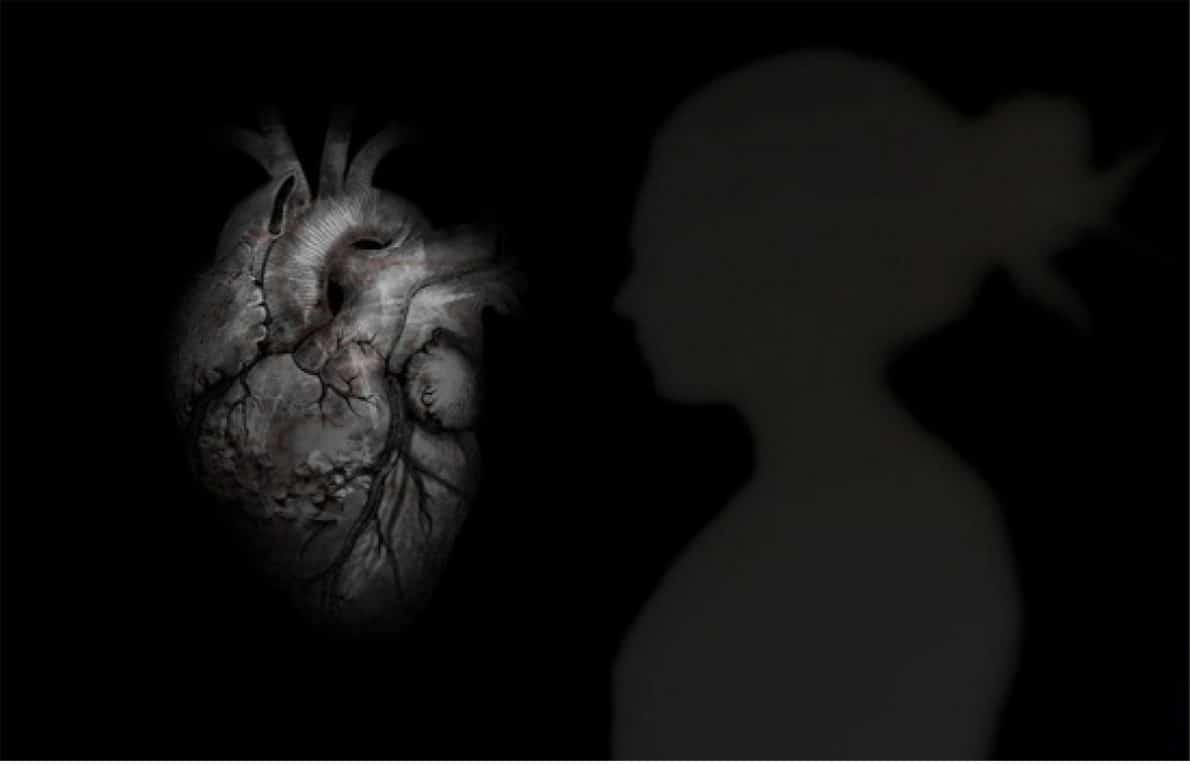In this exhibition we meet the unique worlds of four female artists bringing to the fore ideas from a feminine, traditional and cultural perspective.
Matter (the flour), time (from biblical to modern times) and place (the Negev) are coming full circle, as the desert housing the Negev Museum of Art is where wheat was traditionally grown. Wheat is the most ancient grain in the world. It figures in all cultures and is likened to a life-giving divine gift. In this exhibition, the flour becomes as the clay in the potter’s hands. If it rises, it expands just like the Torah, which is compared to wisdom and to the act of creation, both pertaining to the realm of wonders.
In his book Sapiens: A Brief History of Humankind, Prof. Yuval Noah Harrari suggests an alternative understanding of history, arguing that it is not humankind who domesticated wheat, but rather that in the aftermath of the agricultural revolution, the wheat is the one who domesticated man. Thereafter the face of society changes beyond recall: Prosperity and progress on the one hand, and individual alienation and greediness on the other.
If in earlier days artists were under the auspices of guilds, religious authorities and patrons, in the 20th century they started working as independent entities, each one empowered to create within the field of his/her choice. However the four artists featuring in this exhibition share their creative journey, maintaining close emotional and social ties. The relationships that came into being before the exhibition were further deepened in its course, generating captivating works of art and a joint discourse inspired by religious thought.
Maya Geller, a student of Maya Zack, tracks the actions of workers in a factory producing flour. For one year, the artist observes the interactions between the factory workers, and examines the dynamics between the Jewish religion and the foreign workers. Under her discerning eye, all these turn into a harmonious experience transporting the viewer from a hypnotic, to a meditative, spiritual, state.
Maya Zack showcases a specific situation, which has been engraved in Jewish history. In “Mother Economy” she deals with the documentation of a neatly dressed woman, preparing a Kugel pie as she listens to Second World War radio transmissions in German. The presence of the Holocaust increases the pain of remembrance. The flour of the pie remains orphaned.
Raya Bruckenthal displays elements and drawings inspired by the Jewish world and the questioning of her personal identity. Where there is livelihood, there is belief. By looking at the wealth of the religious world, the artist raises questions about the weight of money in it.
Yifat Bezalel invites the visitors to take a stroll in the shrine of the virtual Temple, thus bringing them closer to the Holy of Holies. Her installations aspire to reconstruct an archaic state within the present moment, from which the artist draws strength to create a spiritual art that emulates the holy service in the Sanctuary. In her work the flour involves that which is unfathomable – the sublime – as the driving force behind creation.
The verse “Without flour there’s no Torah” teaches us that without resources for material subsistence, there is no cultural existence.
Guest Curator:
Marie Shek
Nirit Dahan
Maya Geller, Maya Zack, Raya Bruckenthal and Yifat Bezalel
Without Flour
23.5X16 cm
Softcover
63 pages
Editing: Marie Shek, Dr Dalia Manor
Graphic Design: Ets Design / Eyal Segal
Be'er Sheva municipality
Kivunim
Ministry of Culture and Sport

